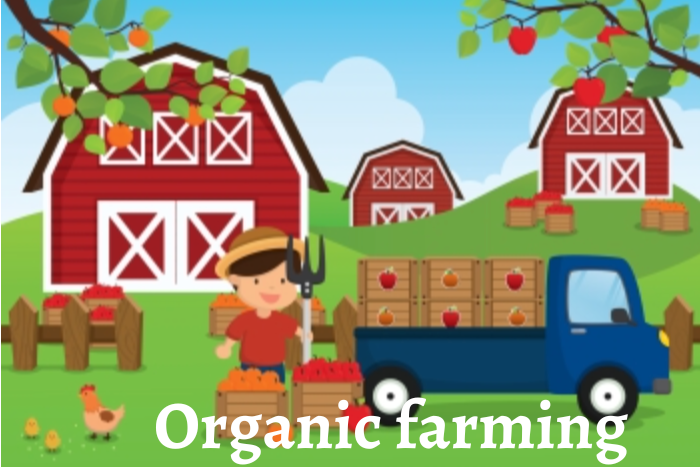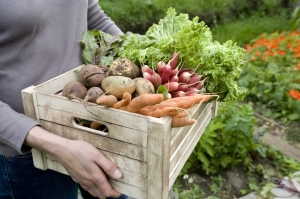
Why are organic products more expensive if compared with conventional production? Processed food stays on the shelves for a few months or longer. Organic food has vital nutrients but spoils faster because it is chemical-free. Most people do not choose natural products because they are afraid that the money spent will not bring any results.
Why are organic products more expensive?
Organic products are no exception when it comes to higher prices. Quality products cost more. Why?
- Materials are expensive, such as fertilizers or clean water.
- The time to produce is long
- Quality products cannot be created in significant quantities
- Organic and quality products require plenty of human resources
Everything adds up. The price goes up. Imagine what you want: strawberries without chemicals. You need to mineralize the soil. You cannot use pesticides. Somebody needs to pull weeds out, pick them, then place them in boxes without crushing them. Farmers have enormous expenses, and the price of products goes up.
It is different from strawberries, which grow in significant fields. Pesticides sprayed from airplanes, water quality questionable, automated picking saves time and money.
Organic products require constant supervision, lab checking, and avoiding the usage of chemicals. It increases costs.
What do you get in the end?
Organic strawberries melt in the mouth, smell sweet, and do not last long.
Conventional strawberries are hard to bite. Most people use a knife to cut them and put some white sugar on the top. The warning sign about washing a few times the production reminds us that berries still contain chemicals.
The impact of chemicals
Chemicals from production reach bodies. It does not matter how well we would wash them. Why? The plant or fruit gets chemicals from the soil. The soil got pesticides when plants were sprayed. Farmers want to grow produce that is pleasing to the eye and does not spoil so fast.
Toxins are not suitable for us. They interfere with the body’s metabolism and can impact the next generations.
Bodies recognize and use minerals for building replenishment minerals. Absorption is a big deal. Toxins which are foes and not natural, can deposit in tissues and organs.
When you have toxins in your body, you need to have detoxification. Who does perform it? Some people do not have time; some of them do not care; some of us do not know about the importance of cleaning the body from toxins.
Scientist and doctor Samuel Epstein stated that cancer is the consequence of environmental pollution. When we get chemicals with products, we increase the chance of catching horrific diseases.
The bright side of organic
I see a few good things happen if people choose organic production.
People would eat less because organic products cost more.
People would be conscious of what they eat. When you pay the price, you are more attentive about what you choose and why.
People would lose weight. There are no fillers, preservatives, or additives.
People would be energized and happier.
People would save money in the long run. Why? Organic food keeps you in shape and gives you more needed nutrients. You will skip medication because you will be in better condition.

From the community perspective, you will support farmers and the environment.
Conclusion
- Organic food is a lot more expensive because it requires more taking care of it.
- Organic food brings benefits and does not harm humans
- Ecological food benefits the environment and growers.
How about you? What would you like to choose: organic food or conventional? I would be glad to hear from you.